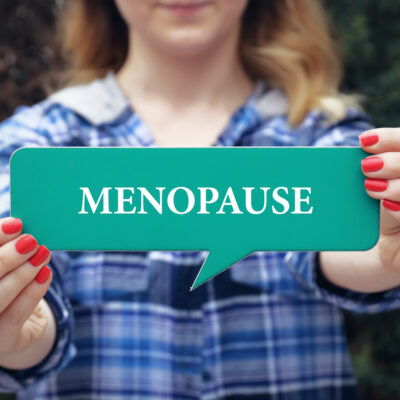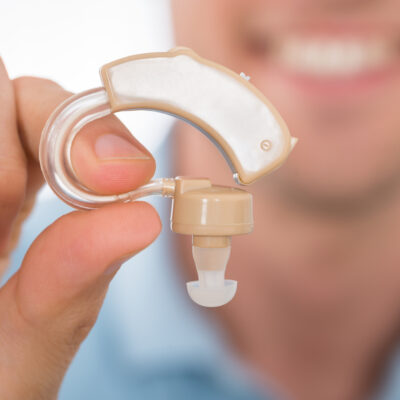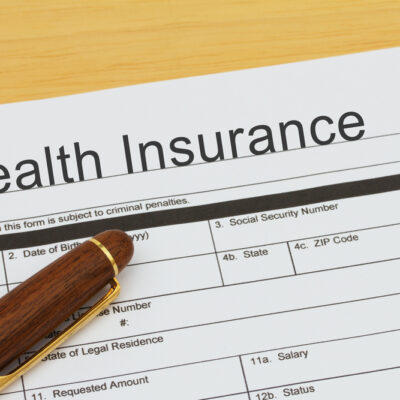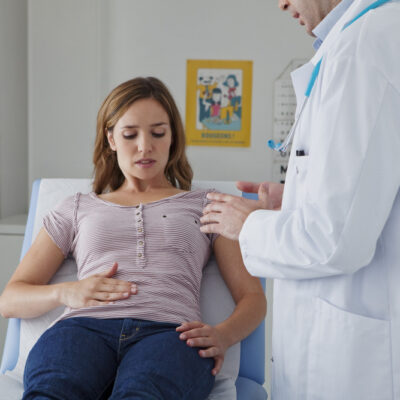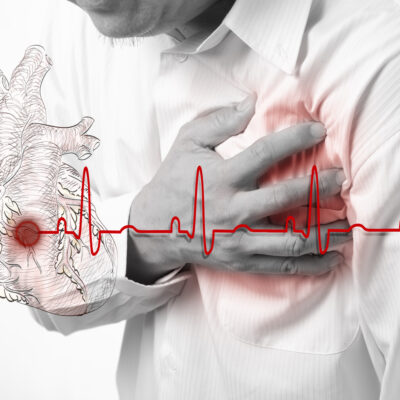
Health
Common Symptoms of Age-Related Macular Degeneration (AMD)
Macular degeneration (or AMD) is a chronic eye disease resulting in the partial or complete loss of vision. This occurs when the center portion of your retina, the macula, begins to degenerate. The leading cause is age; however, genetics, smoking, race, and obesity may also have an impact. This disease is most common in individuals over the age of 50, and although there is no known cure, treatment can slow the progression of AMD. There are two types of AMD: wet and dry. Wet AMD is characterized by blood vessels growing under the retina and leaking. Treatment for this disease depends on the type and progression, which all differ per individual. If caught early, treatment can have a substantial impact on its progression. Acknowledging your symptoms early can greatly slow the progression of the disease. Here are some symptoms to look out for: 1. Blurred or fuzzy vision In the process of degeneration, the macula will begin to thin. This thinning can cause your center of vision to become very blurred or fuzzy. If you notice that this symptom is quite frequent, be sure to mention it to your physician. 2. Straight lines that appear wavy or distorted In the early stages of AMD, the vessels behind your retina may cause it to bulge.
Read More 


